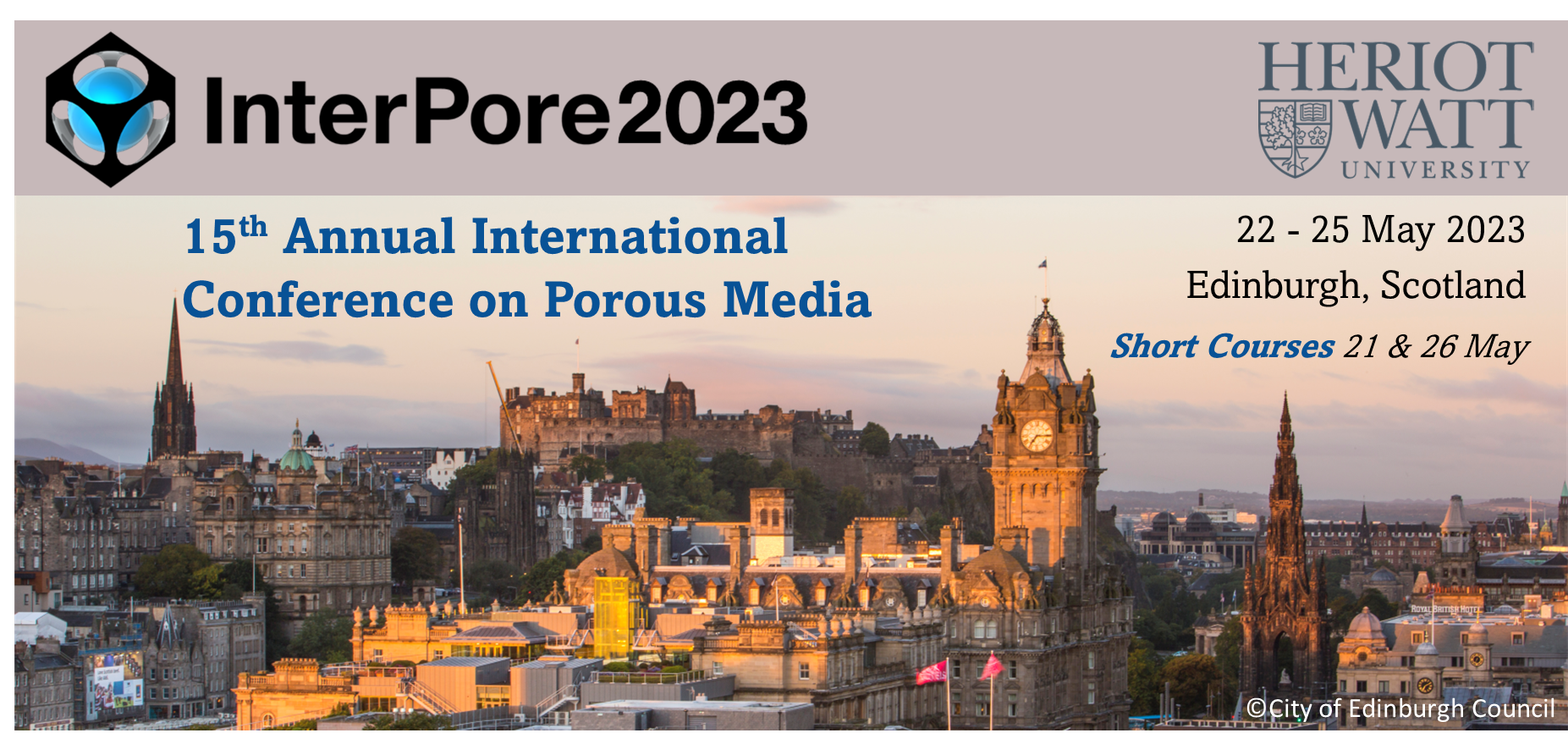Speaker
Description
Aquifer systems represent the major source for mankind’s drinking and irrigation water demands. Throughout the past two decades, they have also increasingly got into focus for geothermal energy usage. The protection of groundwater against detrimental impacts is essential to prevent or minimize risks associated with contamination, water scarcity, and to ensure a sustainable transition towards green energy. Together with issues related to the energy production itself (e.g. changing wind abundance at wind parks leading to temporally unstable electricity supply), a large variability of industries temporally as well as seasonally creates surpluses of energy. These surpluses are typically not directly used (e.g., steelworks releasing heat into the atmosphere), which raises needs for (over-)seasonal energy storage capacities to compensate supply-demand ratios.
The BMBF-funded research project ‘UnClog-ATES’ investigates one of the most common types of storage systems, the so-called ‘aquifer thermal energy storage’ (ATES) concept. With ATES, thermal energy is intentionally stored underground for a later use. This can be done, for instance, by extracting groundwater during the summer period from the ‘cold’ well for cooling by using a heat exchanger, and subsequently injecting the heated groundwater directly back into the aquifer to be stored for heating purposes in the winter period. Borehole heat exchangers or (abandoned/partially flooded) underground mines (see sister project ‘MineATES’) can also be used as parts of such energy storage systems.
In the context of most existing ATES applications, elevated pressure and temperature conditions can lead to unwanted mineral reactions, dissolution and chemical precipitation processes, flocculation, or microbial growth, overall causing clogging and scaling. Among other factors such as rock heat properties or available porosity, an adequate hydraulic permeability of the aquifer matrix is crucial for successful ATES application . The aforementioned processes can hamper its proper functioning, leading to decreasing aquifer permeability and increasing costs for, among others, cleaning clogged pipes and replacing corroded parts. Clogging and scaling processes are to be deeply analyzed in Unclog-ATES, and technical countermeasures (e.g., scaling inhibitors, acids, or CO2) are to be identified with an interdisciplinary consideration of microbiology, geology, hydrogeology and geochemistry.
In the study presented here, we give an overview on influencing factors associated with clogging and scaling in carbonate and silicate aquifers by employing a series of laboratory-scale experiments under defined conditions mimicking typical ATES conditions (pressure, temperature, hydraulics, and chemical composition). In specific, quasi-1-D column setups imitating the transport conditions in the aquifer and, in parallel, batch experiments with intentionally varying chemical milieus and rock compositions, will serve for analyzing possible hydrochemical reactions and precipitation processes as wells as their impact on the system. Expected results of the UnClog-ATES project are predictions for biogeochemical reactions, estimations on the clogging potential and the assessment of possible countermeasures.
| Participation | In-Person |
|---|---|
| Country | Germany |
| Energy Transition Focused Abstracts | This abstract is related to Energy Transition |
| MDPI Energies Student Poster Award | No, do not submit my presenation for the student posters award. |
| Acceptance of the Terms & Conditions | Click here to agree |







